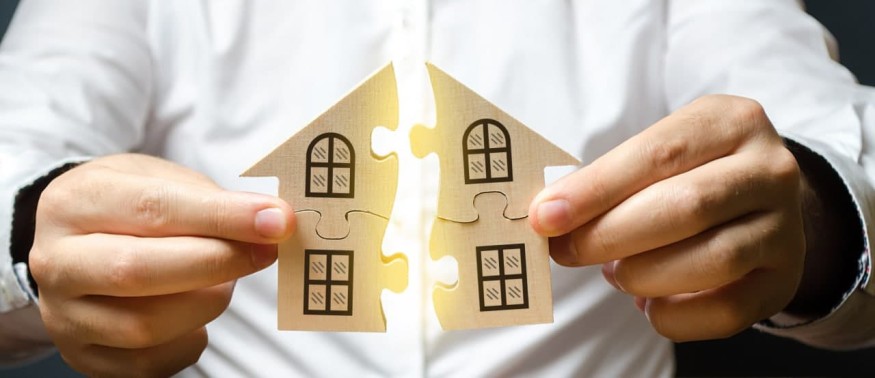
Building your own house from the ground up can be a rewarding experience. It provides you the chance to tailor your home to suit your needs and tastes. However, if you're someone who's watched any homebuilding show, you might think that the process can be time-consuming and stressful.
Well, building a house doesn't need to be a grueling process. In fact, homeowners have various options these days. Depending on your budget and needs, choosing steel kit homes can be a great choice. However, if you prefer something unique, it'd be wise to work with highly experienced contractors, and don't forget to have a firm plan to avoid headaches along the way.
Below are some of the tips to build your own house:
1. Prepare Your Plan
The most crucial part of the home building process is planning. Ensure to plan the details of your home in a meticulous manner. Know what layout you prefer and the type of lighting to use.
To plan your home design, you can take advantage of some useful tools, particularly if you want something new for your floor plans. If you don't know which design to consider, get some ideas online or ask for help from professionals.

2. Know Your Budget
No matter how much you think your home will cost, know that it'll cost more. There might be some things that are excluded from the quotes your builder provides you. For instance, things including doors and fences, concrete and finishing, as well as letterboxes and decking may not be remembered for the gauge.
You also need to consider the site costs, which are your expenses to set up your site for development. There's also the need to pay for arranging your application charges.
3. Choose The Right Builder
It might be one of the most essential decisions you make in the process of homebuilding. Whatever home builder you select, take note that you'll be working with them for many months. So, it's crucial to choose the best and right one for the job, and someone who won't give you headaches down the road.
When choosing a builder, there are many factors to consider, and one of those is their credentials. Ensure that your preferred builder is insured and licensed. Plus, make sure that they have enough years of experience in the industry and are known for their good reputation.
4. Have Open Lines Of Communication
There are many moving parts in a huge project like building a home. With this in mind, try to communicate with your contractor or builder at least once a week.
It's important to have an open line of communication with the professionals you hired to help you build your home. Through this, you'll be constantly updated about the current progress of constructing your home.
5. Check Your Finance
Another tip to consider when building your home is to check your finances-ensure that you're on top of it. Determine how much you're willing to spend and if you're prepared to commit to a home loan in the long run. With the concessions and government grants available, you might be financially ready.
Also, ensure to do research into the available property loans, and choose a financial institution that specializes in construction loans.
6. Find Ways To Save
It can be expensive to build your own home, and you might even end up paying more than you've expected. With that said, find ways to save money. You can do this by shopping around for the best prices on fixtures, fittings, and materials that your builder will use. Get some quotes for items needed during construction. There are instances that some suppliers give discounts when materials are purchased in bulk.
7. Choose Your Building Materials Wisely
Keep in mind that different types of building materials may have varying costs. Choosing a cost-effective material will help you keep your project affordable. For instance, you can use reclaimed materials, like trendy wood floors, which are popular and affordable. Just ensure to get these materials from reputable stores that offer quality building materials.
8. Add Energy-Efficient Home Features For Taxes And Rebates
There's a reason why more homeowners decide to go green. If you want to build an energy-efficient home, use materials like high-efficiency windows and ones with excellent insulation. Although these may seem costly at first, they can help you save more money throughout the years. For your power source, consider wind or solar energy, and ensure that such is available in your area.
Wrapping Up
Homebuilding is a viable alternative for individuals who are wondering whether or not to purchase a home. Not only will it help you save money, but it'll also let you customize your home from the shape and size, to the materials you want to use.
You actually have several options to consider when building your own house. But, no matter what you prefer, make sure to keep the above tips in mind and get your desired results.



